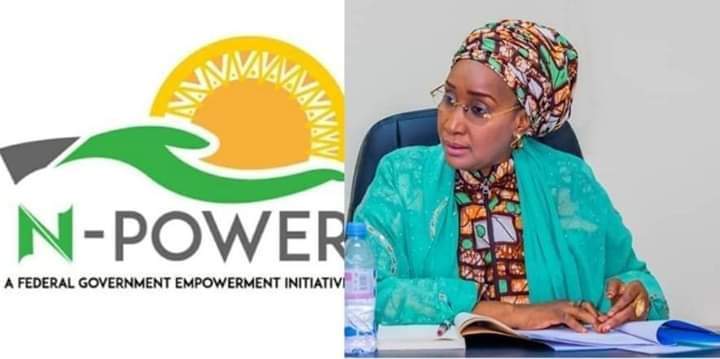Only A Nigerian Who Isn’t A Human Being Will Care Less About Lekki Massacre
Desmond Elliot
Nollywood actor and politician, Desmond Elliot has come out to react to the findings in the report of the Lagos state inquiry into the October 20, 2020 shooting incident at the Lekki tollgate.
Recall that the panel in its report indicted the Nigerian Army and police and described the incident as a massacre.
Reacting, Desmond revealed that the report was clearly heartwrenching and it was always clear that a calamity happened on that day.
He added that only a Nigerian who isn’t human will not feel for the victims and their families.
His words, “I read it and it was very heartbreaking. Heartwrenching. I knew there was a calamity, chaos. Except you are not Nigerian or you are not human. You would feel for everybody. I have always said something. When MKO died and the government of the day denied and denied, it took this government to come and say you know what, we have wronged you. This is the truth and they actually gave democracy day.”
“We have always said the truth comes out. There is no how you would try to hide it, the truth would come out.”
“But I now looked at it from another angle. Is it possible that this government didn’t know what was going to come out? Of course they did but the government of today, I am talking of the state government, I want to believe knew what was going to come out.”
“There is going to be an official statement so let me not jump the gun because I am also in office. But the fact that it even came out and even saw the light of day…”
WOW.
Nollywood is a sobriquet that originally referred to the Nigerian film industry. The origin of the term dates back to the early 2000s, traced to an article in The New York Times. Due to the history of evolving meanings and contexts, there is no clear or agreed-upon definition for the term, which has made it a subject to several controversies.
The origin of the term “Nollywood” remains unclear; Jonathan Haynes traced the earliest usage of the word to a 2002 article by Matt Steinglass in the New York Times, where it was used to describe Nigerian cinema.
Charles Igwe noted that Norimitsu Onishi also used the name in a September 2002 article he wrote for the New York Times. The term continues to be used in the media to refer to the Nigerian film industry, with its definition later assumed to be a portmanteau of the words “Nigeria” and “Hollywood”, the American major film hub.
Film-making in Nigeria is divided largely along regional, and marginally ethnic and religious lines. Thus, there are distinct film industries – each seeking to portray the concern of the particular section and ethnicity it represents. However, there is the English-language film industry which is a melting pot for filmmaking and filmmakers from most of the regional industries.



